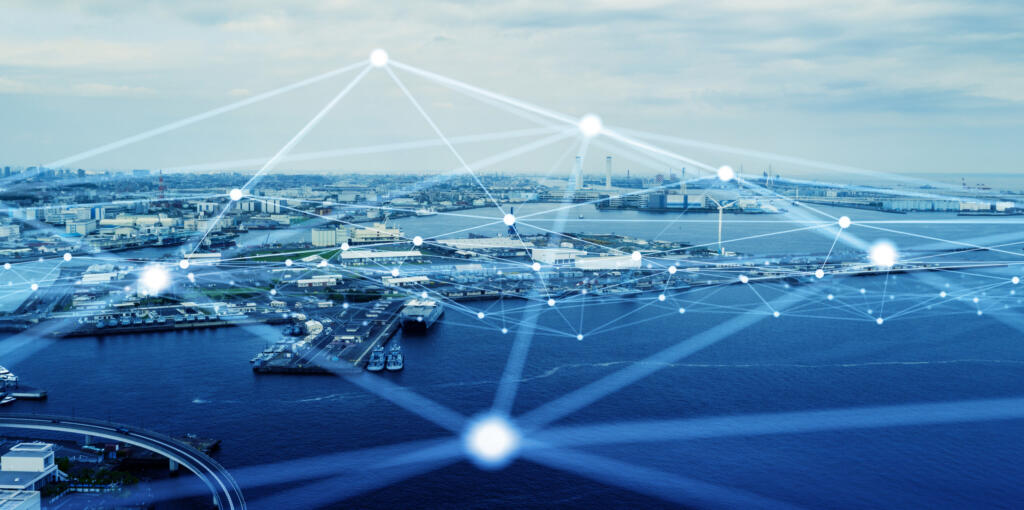
Since our previous article on Autonomous and AI Ships in 2021, there has been little progress in terms of specific legislation on Autonomous and AI Ships. However, that is not to say that there has not been any progress at all. It is estimated that there are currently over 1,000 remote and autonomous ships across the globe with the market value expected to almost double to $150 billion by 2030. Whilst there has been no concrete implementation of legislation in England and Wales, initial action has been taken which should influence legal reform and the continued implementation of AI in the marine sector.
Maritime Autonomy IA Report 2023
In September this year, the Department for Transport (DfT) published a 50+ page impact assessment (IA) report, assessing the current position on autonomous & AI ships and proposing legislative changes to the Government.
To (very briefly) summarise, the report states that:
- The Maritime and Coastguard Agency currently use exemptions from 1998 regulations to allow autonomous shipping,
- A new regulatory instrument that would govern autonomous shipping on an international scale is not expected to be agreed at the International Maritime Organisation until at least 2028,
- in light of the lengthy timeline for implementation of guidance, the DfT has recommended that the UK should instead update the current UK primary legislation to avoid delay – such as the Merchant Shipping Act 1995, Harbours Act 1964 & Aviation and Maritime Security Act 1990 – to regulate all autonomous maritime ships.
In amending current legislation, it is viewed that this would enable the UK to lead in the autonomous ship industry. The UK is also passionate about being a leader in AI innovation, so this intention to amend currently legislation rather than waiting until 2028 aligns with this strategy. Akin to this is the rise of of smart contracts – particularly in respect of international trade.
Smart Contracts
Whilst it is argued that smart contracts have been long in existence since the 20th century, it would appear that the first official smart contract – using blockchain technology – was completed back in 2016. This particular contract involved the sale and transportation of livestock overseas. The automated nature of smart contracts in this instance allowed a portion of money to be automatically paid upon the completion of particular obligations at particular points throughout the transaction.
The use of smart contracts unlocks a new wave of potential for smoother international trade; pair this with the innovation of autonomous and AI ships – there is the potential for a mostly automated process. However, this utopia comes with its own obstacles. Given the fact that a blockchain cannot be changed – which is typically the benefit of utilising this technology – it is paramount that the information contained is correct. It is also important that those software engineers developing the technology adopt a privacy by design approach.
Incoming EU legislation – The AI Act
The European Commission, back in 2021, proposed the first regulatory framework for artificial intelligence, which now looks set to become the World’s first regulation on AI. Within these rules, different types of AI systems and models have been categorised based on their risk to people. Although this act would not directly apply to the UK – it will inevitably impact businesses who conduct international trade.
The ‘unacceptable risk’ category bans particular AI systems, whilst the subsequent ‘high risk’ category demands such systems, including cars & aviation, to be closely assessed before being put on the market and throughout their lifecycle.
This restrictive approach is reflected by the European Parliament’s position that AI systems should be overseen by people rather than by automation. Whilst this is only applicable to the EU to which England and Wales is no longer a part of since Brexit, it’s close economic connection with the UK evidently suggests that international trade will likely be impacted by the act itself (when enacted). To the extent that this stalls the innovation of automated ships and international relations remains to be seen. But it will be interesting to see how the UK proceeds with amending their own primary legislation in light of such EU restrictions.
As lawyers in the AI sphere, we are keeping a close eye on matters, and we’ll be sure to gear up the lighthouse as soon as we notice any incoming updates approaching the shore. Should you wish to seek further advice on AI or marine law, please do get in touch by phone on 0345 450 5558 or by email at enquiries@stephens-scown.co.uk.
